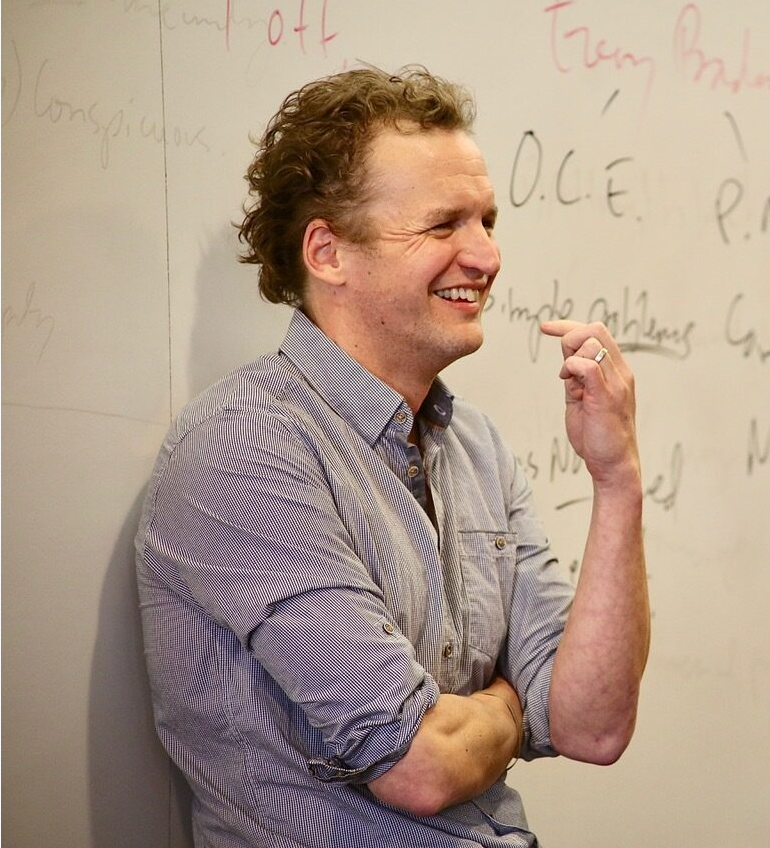Fast-Tracked Podcast Episode 7: The capabilities of generative artificial intelligence — reading, summarizing, analyzing, organizing, and producing draft documents — align with the very tasks law students and junior lawyers learn in the early years of practice. So how can we reimagine lawyer formation to harness AI’s efficiencies while also ensuring the full development of a lawyer's mind? Guests Ben Barton of the University of Tennessee College of Law and Cat Moon of Vanderbilt University Law School share their thoughts and offer examples of innovative practices that they are developing in their work.
Related CLE Program: Artificial Intelligence in 2024 - This program provides you with guidance on the legal risks associated with these technologies and services, best practices, and tips on how to anticipate and mitigate relevant risks.
PLI’s Fast-Tracked: Emergent Issues in the Legal Profession podcast, brings you conversations with thought leaders, delving into the most dynamic trends shaping the legal world, from AI to DEI – and everything in between. PLI is proud to keep you ever current with timely programs, publications, and podcasts. Visit pli.edu/ftpod for more episodes.
Please note: CLE is not offered for listening to this podcast, and the views and opinions expressed within represent those of the speakers and host, and not necessarily those of PLI.
Featured In This Episode
Benjamin Barton
Professor Ben Barton is the Helen and Charles Lockett Distinguished Professor of Law at the University of Tennessee College of Law, and is the author of five books: The Credentialed Court, Fixing Law Schools, Rebooting Justice, Glass Half Full: The Decline and Rebirth of the Legal Profession, and The Lawyer-Judge Bias. Professor Barton is an expert in Supreme Court Justice backgrounds, access to justice, the American legal profession, and law schools. He has worked as an associate at a large law firm, clerked for a federal judge, represented the indigent for 12 years as a clinical law professor, and now teaches torts, contracts, evidence, conflict of laws, and the A2J Lab, an innovative law and coding class. Professor Barton has won the student-selected Harold C. Warner Outstanding Teacher Award and has been named the outstanding faculty advisor for UT Pro Bono three times. He also won the 2010 LSAC Philip D. Shelton Award for outstanding research in legal education. In 2014-15 he received a Fulbright Award to teach Comparative Law at the University of Ljubljana in Slovenia.

Featured In This Episode
Caitlin “Cat” Moon
As both a lifelong learner and a teacher, Cat empowers law students to enter the practice of law with the skills and characteristics needed to thrive and lead change to make our profession better and, most importantly, to #MakeLawBetter.
She also co-founded and co-directs the Vanderbilt AI Law Lab, where her team works at the intersection of AI, legal education, legal practice, and access to justice.
Cat also works with practicing legal professionals in workshops at Vanderbilt and via 1:1 coaching.
As co-creator of the Delta Model for lawyer competency, she conducts research to understand the skills and characteristics that lawyers need to thrive as both humans and legal professionals in the 21st century. She operationalizes these learnings into tools and processes we can use to make the legal profession and our systems of justice better for all stakeholders.


